The Binder
Every successful MUN delegate will come to the conference with a binder filled with essential information. You can refer to this information in committee to generate conversations, effective compromises, and smooth discussion.
ESSENTIALS
Your position paper: If you write a solid position paper, you should be able to use it as a reference in your committee and lean on it when you're not sure how to vote on a resolution. This should also contain some key statistics and information you can reuse in speeches. We also encourage you to annotate your position paper so that you can more easily find these key statistics and phrases; you can use tools such as a highlighter, small post-it notes, or dog-ears on important pages
The topic synopsis: Either you, another delegate, or your chair will inevitably refer to something written in the committee’s topic synopsis during a conference. Also, what your chair has written about is what they'll focus on in committee, especially the questions to consider. These questions are meant to be hints at the smaller nuances that the committee will focus on throughout the weekend. Use the topic synopsis and statistics from it to write speeches and resolutions that grab the chair’s attention.
Country profile: Forming a solid understanding of your country's geopolitical orientation will aid you in identifying allies and enemies on your committee's topic. In preparation for committee, you should be familiar with your country profile, as well as other countries’ positions, to navigate bloc formation.
Paper: You will be doing a LOT of writing, between writing resolutions and speeches and passing notes, and you will be most successful if you have paper on hand to write on. This can come in the form of standard binder paper, post-it notes, or even notecards to pass back and forth. Be sure to have plenty of paper at your disposal to communicate, speak, and write as efficiently as possible.
NICE TO HAVE
News articles: The simplest way to do be up to date on your topic is to run simple online searches. Be sure to collect articles from legitimate sources such as the BBC, the New York Times, and the Wall Street Journal.
Resolutions, treaties, and conventions: Having the text of past actions on hand can help you in contextualizing new resolutions in your preambulatory clauses of your resolution and expand on past action. You can find past resolutions through the UN documentation center. The most relevant piece of international law on your topic might not be a past resolution, but instead a treaty or convention, so be sure to research and collect all relevant action on the topic.
Basic sources (CIA World Factbook, Wikipedia): Being able to reference a certified source like the CIA or Wikipedia on basic facts about your country can be very useful. You might encounter a crisis you have never seen before and have to extrapolate based on your country's values and governmental structure. While the country profile should help with this, having these sources in your back pocket can be useful as well.
